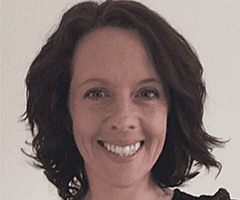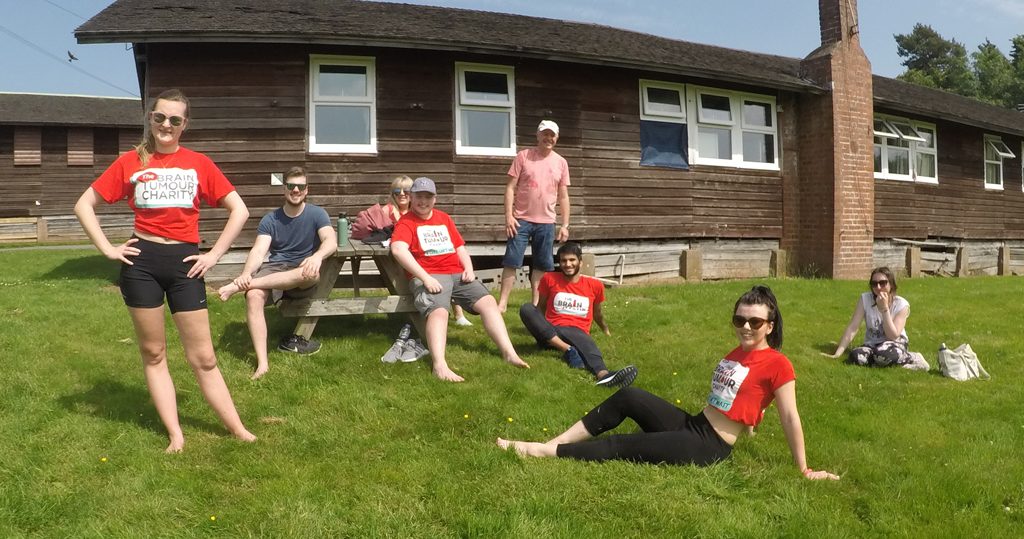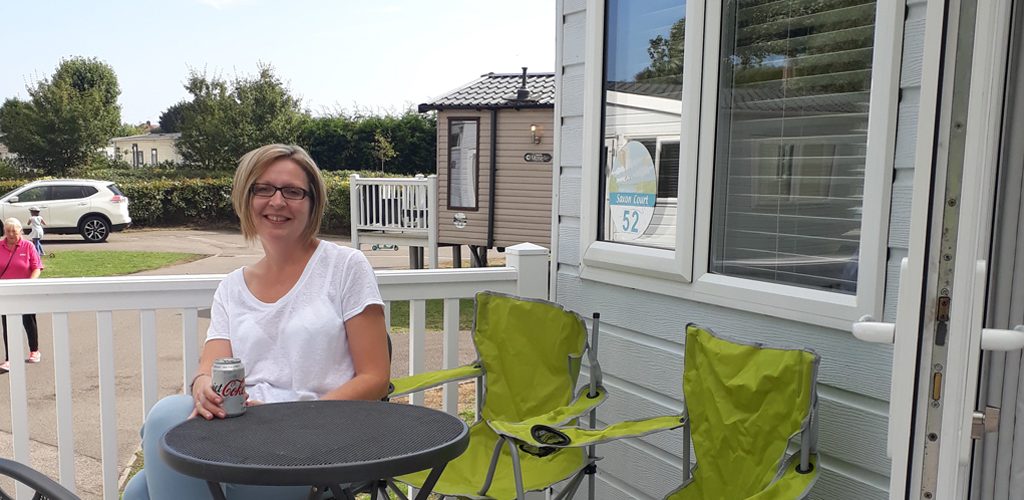Rebuilding a meaningful life for young people
Fast facts
- Official title: ACT NOW- Acceptance and Commitment Therapy as an Intervention to Improve Quality of Life for Young Brain Tumour Survivors: An Acceptability and Feasibility Study
- Lead researcher: Dr Sophie Thomas
- Where: Queens Medical Centre, Nottingham (study based across three medical centres)
- When: October 2019 – March 2023
- Cost: £221,410
- Research type: Quality of life, Clinical, Primary brain tumours, Young adults, Early stage clinical trial
- Grant round: Quality of life
What is it?
Acceptance and Commitment Therapy (ACT) is a psychological intervention with a broad focus. It incorporates aspects of other well-known therapies such as cognitive behaviour therapy and mindfulness. ACT aims to help participants build a rich and meaningful life, despite their ongoing difficulties, by encouraging increased psychological flexibility. Psychological flexibility is described as being open and in contact with the present moment, and engaging in behaviours that are consistent with an individual’s life goals.
Another important factor about ACT is that instead of avoiding painful experiences, it encourages a person to engage with these experiences, allowing them to move towards acceptance. This factor is particularly important when using this therapy to help people with a brain tumour, as they might be living with unavoidable physical and mental limitations as a result of their tumour or the treatment for it.
The research team, led by Dr Sophie Thomas, aims to assess the feasibility and acceptability of ACT to help young people, aged 11-24 years, who have survived a childhood brain tumour. Initially, they’ll recruit 72 participants and randomly assign some participants to receive ACT immediately, and some to have a delayed start. Ultimately, all participants will receive ACT by the end of the project.
The team will gather information about quality of life from the participants using both questionnaires and interviews. Then, the team will analyse their results to see how young people, clinicians and others involved found ACT as a therapy. They’ll also see if it was cost-effective.
Results from this study could make a big impact to extend the limited options for supporting childhood brain tumour survivors.
Why is it important?
Childhood brain tumour survivors have the poorest quality of life of all cancer survivors. Survival rates are slowly improving for children with brain tumours, resulting in more children growing up and living with tumour and/or treatment related side-effects. However, these long-term effects can include learning difficulties, poor memory, problems with motor control, anxiety, depression and symptoms of post-traumatic stress.
In a recent workshop exploring the research priorities of young cancer survivors, the highest priority of the participants was in gaining support to improve their wellbeing, mental health, and ability to socialise.
Dr Sophie Thomas and her team aim to address this unmet need and provide young people with tools that will help them to gain the support they need and have a better quality of life.
Who will it help?
This research has the potential to help improve the quality of life all brain tumour survivors, especially young people who often live longer with the after effects of brain tumours and their treatments.
It will improve our knowledge about the types of psychological interventions that are effective for brain tumour survivors. And it will increase awareness of the need for, and benefits of, psychological therapy for this age group. We hope this will encourage other brain tumours survivors to seek psychological support when needed.
Milestones
Achieved
The research team have involved our Young Ambassadors in the design and implementation of this study right from the start, they even helped to name it, ACT NOW. Some of the young people also have continued involvement in the management group and steering committee overseeing the research.
The COVID-19 pandemic has provided some interesting opportunities for the ACT NOW team. They were able to prioritise the development of remote therapy.
To ensure that everyone involved was on the same page they produced guidance on the use of video-therapy for patients, parents/carers and therapists. As well as being used in ACT NOW, the video-therapy guides have become the template guidance for other research studies adapted to deliver interventions remotely.
With remote therapy, the existing consenting process needed to change as it could no longer be done in person. Previous work had been done to improve the verbal consenting process for adults, but not for young people. Working with other clinical psychology colleagues, the ACT NOW team developed a child- and adolescent-friendly verbal consenting process so that young people could have control over this aspect of their therapy too.
Key staff members have now joined the team, and had specialist training in adolescent ACT.
In 2021
The research team has continued to recruit participants through the main sites but have also begun to recruit externally using the brain Tumour Charity’s social media streams.
29 young people have already finished their treatment and data from interviews and surveys are already being analysed and suggest ACT increases Psychological Flexibility and Quality of Life and has also benefitted participants psychologically, physically and socially.
Due to COVID-19 all recruitment and therapy is via video-call.
Upcoming
Upon completion, they’ll report back about whether ACT is both accepted as an intervention for young brain tumour survivors, and if it’s cost-effective.
If you have any questions about this, or any of our other research projects, please contact us on research@thebraintumourcharity.org
Research is just one other way your regular gift can make a difference
Research is the only way we will discover kinder, more effective treatments and, ultimately, stamp out brain tumours – for good! However, brain tumours are complex and research in to them takes a great deal of time and money.
Across the UK, over 100,000 families are facing the overwhelming diagnosis of a brain tumour and it is only through the generosity of people like you can we continue to help them.
But, by setting up a regular gift – as little as £2 per month – you can ensure that families no longer face this destructive disease.

Dr Sophie Thomas is a Consultant Paediatric Neuropsychologist at Nottingham University Hospitals NHS Trust and an Hon Assistant Professor with the Children’s Brain Tumour Research Centre, University of Nottingham.

Sabrina’s story
Sabrina is 24 and was diagnosed with a meningioma, read about her experiences with ACT.
Recommended reading

Sara’s story
Read Sara’s story and her experience with ACT.